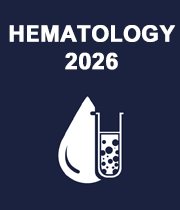Bioengineering Approaches
Biological engineering, often known as bioengineering, is the use of biological principles and technical methods to build practical, tangible, and economically viable products. Biological engineers try to either produce products that resemble biological systems or modify and regulate biological processes. The bioengineer must be well-versed in biology and have a broad understanding of engineering, drawing on electrical, chemical, mechanical, and other fields. A bioengineer can work in a wide variety of fields. Providing artificial tools to assist deficient body functions, such as hearing aids, artificial limbs, and supportive or substitute organs, is one of them. There are many more examples of biology and engineering interacting today, particularly in the medical and life-support professions. The application of engineering principles and problem-solving methodologies to biology and medicine is known as biomedical engineering. This is obvious across healthcare, from diagnosis and analysis to treatment and recovery, and has gained public awareness through the proliferation of implantable medical devices like pacemakers and artificial hips, as well as more futuristic technologies like stem cell engineering and 3-D printing of human organs.



Title : Acute intermittent porphyria: A neurological dilemma obscured by ubiquitous fgastrointestinal presentation
Mayank Anand Singh, Mimer Medical College, India
Title : Comprehensive symptom management and supportive nursing care in a preterm toddler undergoing HSCT for pyruvate kinase deficiency
Tran Thi Dung, Vinmec International Hospital, Vietnam